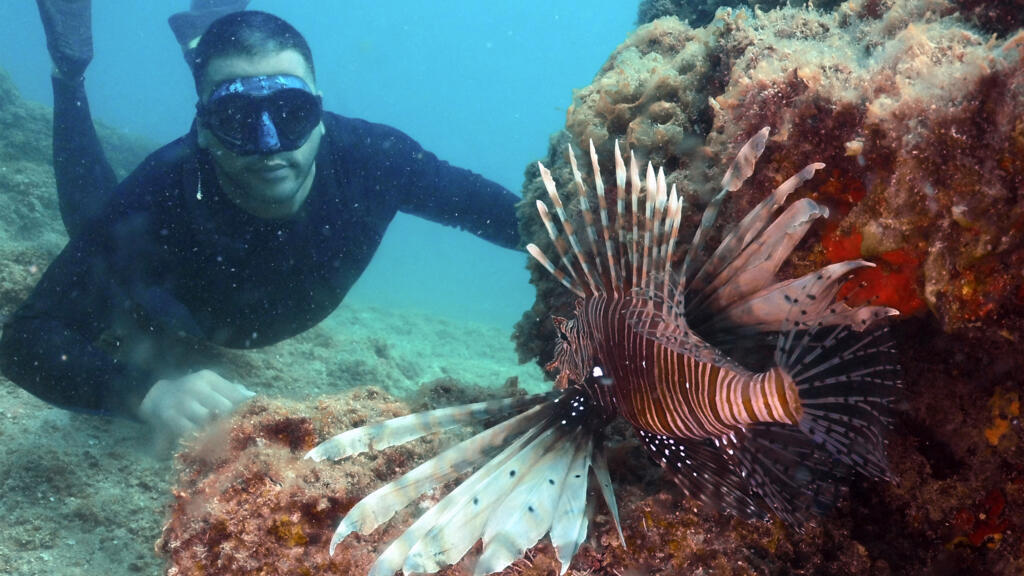Rising Sea Temperatures and the Tropicalisation of the Mediterranean
Scientists are raising alarms about the ongoing "tropicalisation" of the Mediterranean Sea, a phenomenon driven by rising sea temperatures. This transformation is allowing species typically found in the warmer waters of the Red Sea, such as the venomous lionfish, to invade Mediterranean ecosystems. The rapid alteration of marine life is occurring across a wide geographical range, affecting areas from Turkey to Malta.
The Mediterranean region, known for its rich biodiversity and unique marine habitats, is experiencing significant ecological changes due to climate change and human activity. As average sea temperatures rise, species that were once unable to survive in the cooler waters of the Mediterranean are now thriving. The lionfish, an apex predator with a potent venom that can harm both marine creatures and humans, exemplifies this shift. Scientists warn that its presence could lead to drastic disruptions in local marine ecosystems, as it competes with native species for food and habitat.
Data shows that the Mediterranean has warmed by an average of 1 degree Celsius over the past century, with projections indicating that temperatures could continue to rise. This warming trend is attributed to global climate change, which increases the risk of invasive species establishing themselves in new environments. The introduction of the lionfish is just one instance of this larger trend, where tropical species are beginning to colonize temperate regions, altering the ecological balance significantly.
In addition to lionfish, other non-native species from the Red Sea are also making their way into Mediterranean waters. These include various types of fish, crustaceans, and mollusks that may not only outcompete local inhabitants but also introduce new diseases and parasites. Researchers highlight the importance of monitoring these ecological changes carefully, as invasive species can dramatically alter food webs and threaten the livelihoods of local fishing communities that rely on native species.
Furthermore, the repercussions of a changing marine environment extend beyond biodiversity. They affect local economies, particularly those reliant on fisheries and tourism. Fishermen in regions like Turkey and Malta are already witnessing shifts in fish populations, affecting their catches and, consequently, their income. The tourism industry, which thrives on the unique natural beauty and biodiversity of the Mediterranean, may also suffer if iconic species decline or disappear.
To mitigate the effects of tropicalisation, scientists are calling for comprehensive management strategies that include stricter regulations on marine conservation. This involves protecting native species and habitats from the pressures of invasive species, as well as implementing measures to reduce human impact through overfishing and pollution. Collaborative international efforts among Mediterranean countries are essential to establish sustainable fishing practices and promote marine protected areas that can help maintain ecological balance.
In conclusion, the tropicalisation of the Mediterranean due to rising sea temperatures and the influx of invasive species like lionfish poses a significant threat to the region's biodiversity and economy. Without timely and effective action, the delicate marine ecosystems of the Mediterranean could face irrevocable changes that affect both nature and human communities reliant on its resources. Scientists continuously emphasize the urgency of addressing these issues, underscoring the need for collective action to safeguard the future of the Mediterranean's rich marine life.












